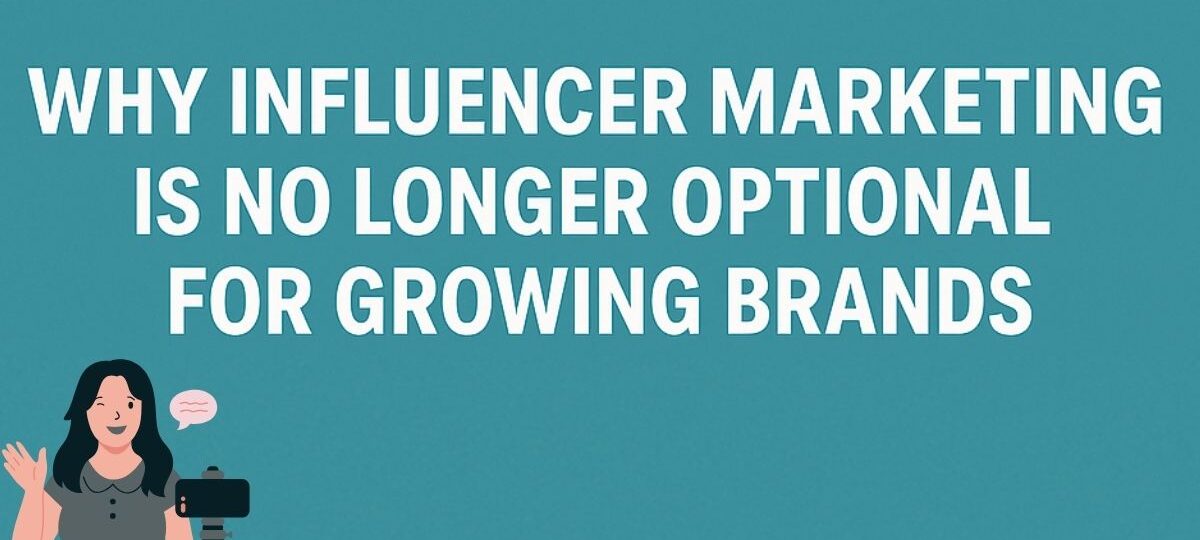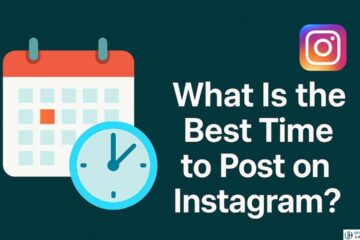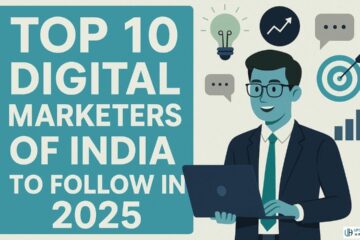Why Influencer Marketing Is No Longer Optional for Growing Brands
In an increasingly saturated digital landscape, where ad fatigue is real and trust is hard-earned, influencer marketing has become a critical growth engine for brands looking to break through the noise.
What began as a novelty—celebrity endorsements on Instagram or product placements in YouTube hauls—has matured into a full-fledged performance channel. Today, brands of all sizes are leaning into creators not just for attention, but for credibility, conversion, and community.
The Trust Factor
Consumers today are more skeptical of ads than ever before. Traditional marketing struggles to cut through because it often lacks authenticity. Influencer marketing, on the other hand, works because it’s built on trust—followers believe in the voices they choose to engage with daily.
This isn’t limited to A-list celebrities. Micro- and nano-influencers with 5,000 to 50,000 highly engaged followers are delivering serious ROI for startups and niche brands alike. These creators feel like peers, not pitchmen.
Performance Meets Personality
Influencer marketing is no longer just about likes and reach; it’s about results. Brands are increasingly treating influencers as performance partners, tracking metrics like click-through rates, customer acquisition costs, and lifetime value. Many are finding that creator-driven campaigns outperform traditional paid media when executed strategically.

What makes this channel especially powerful is that it combines reach with relatability. A well-crafted influencer post doesn’t just introduce a product—it tells a story, shares a moment, and creates a connection.
Why Growing Brands Can’t Ignore It
Kyle McCarthy, a growth marketing strategist for Silicon Valley startups, puts it simply:
“Influencers are today’s word-of-mouth. If you’re not leveraging them, you’re invisible.”
For early-stage companies trying to build awareness, enter new markets, or compete with larger incumbents, influencer marketing levels the playing field. It allows brands to punch above their weight, turning customers into advocates and creators into allies.
Getting Started
To succeed with influencer marketing, brands need more than a list of names—they need a system. Start small with targeted creators, align on messaging and goals, and track performance the same way you would with paid ads. Most importantly, let influencers speak in their own voice. Authenticity wins every time.
Influencer marketing isn’t a passing trend. It’s a fundamental shift in how brands build awareness and drive growth. Those who embrace it early—and do it well—are setting themselves up to lead in the next era of digital marketing.
See Also: Building Business Legacy: 6 Tips To Setup Your Company Easily In The UK










